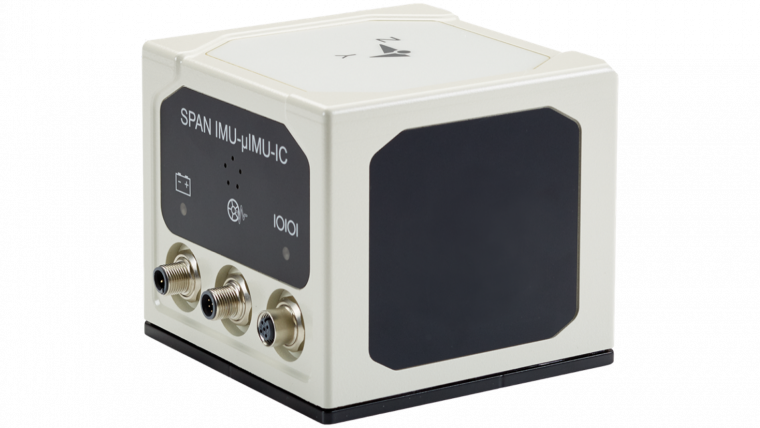Veripos Launches SPAN GNSS+INS for Hydrographic Survey Applications
Veripos has introduced SPAN GNSS+INS technology from NovAtel, also part of Hexagon, into the offshore oil and gas marine market. NovAtel and its SPAN technology have accelerated developments in GNSS positioning, sensor fusion and inertial navigation systems for over 15 years. Now, Veripos brings this proven technology to the marine market to optimize your positioning solution with GNSS and inertial measurement units (IMUs) to provide heading, attitude and heave measurements on the open water.
Through deep coupling, SPAN technology fuses measurements from the GNSS receiver and the IMU together to calculate robust and reliable position, heading, velocity attitude and heave. This process delivers a holistic and precise 3D solution, powering hydrographic survey applications through extended GNSS outages. The solution is scalable with multiple IMUs, the Veripos LD900 receiver and Quantum visualization software.
"The LD900 with dual-antenna functionality is able to unlock the SPAN GNSS+INS integration technology that has a long and successful track record," explained Hexagon Marine Segment Portfolio Manager David Russell. "The latest evolution of SPAN technology for marine has improved performance through deep coupling to provide exceptional positioning, velocity, attitude and heave measurements in highly demanding offshore hydrographic survey applications. The simple upgrade path to INS capability with the LD900 makes it a great choice for users in the market.”














